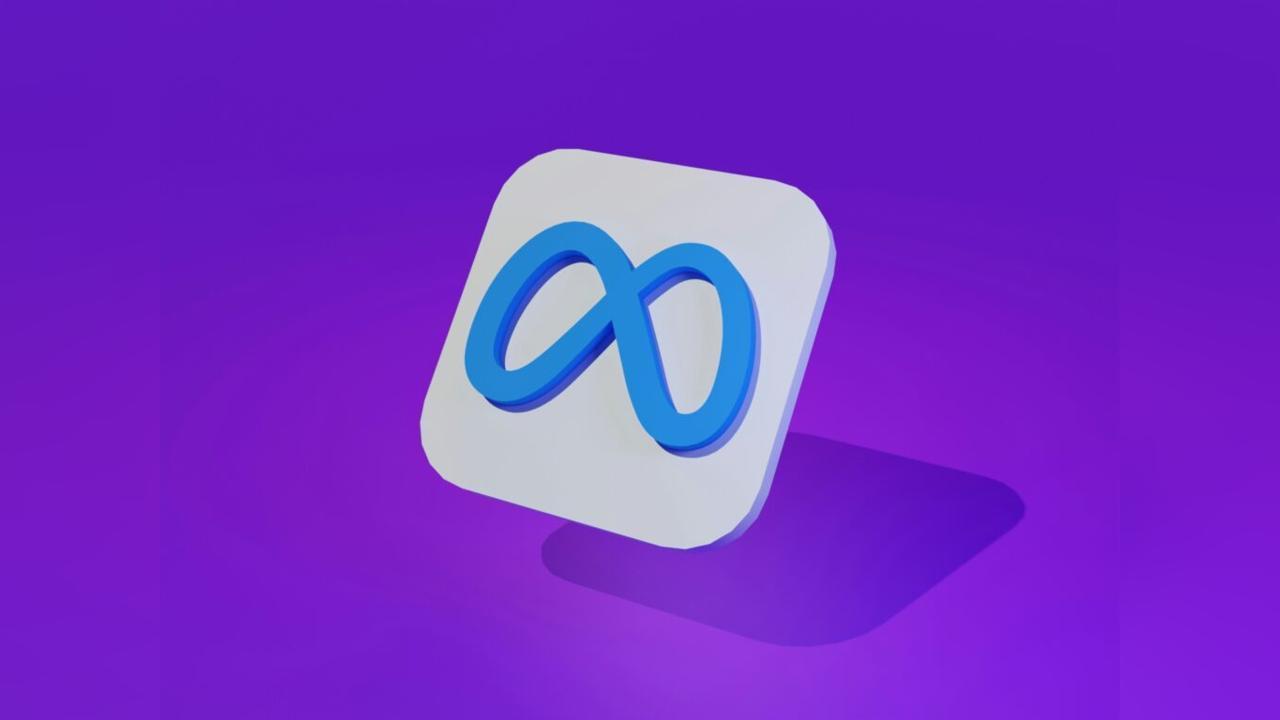Africa-Press – Lesotho. The AI race is intensifying, and Meta has just made a bold move with the release of Llama 4. Aimed at challenging industry giants such as OpenAI’s GPT-4.5 and Google’s Gemini, Meta’s Llama 4 models push the limits of AI performance, efficiency, and accessibility.
Meta’s Llama models have undergone significant evolution. While Llama 2 and 3 were limited to 7 and 8 billion parameters, Llama 4 takes things further with up to 17 billion parameters. Additionally, Llama 4 Behemoth, with an astonishing 2 trillion parameters, places Meta firmly in the race for AI supremacy.
Meta’s latest Llama models offer a major boost to open-source AI, with the aim of accelerating innovation and democratizing access to this advanced technology.
So far, Meta has unveiled two versions: Scout and Maverick. Scout is designed for speed, boasting a 10-million-token context window. Meta claims that this allows it to handle more complex tasks than other models like Google’s Gemini 7B or Mistral 7B, all while running on a single Nvidia H100 GPU. This makes high-performance AI more accessible to developers without the need for large cloud budgets.
Maverick, on the other hand, utilizes a mixture-of-experts (MoE) system with 128 experts. Instead of running the full model for every task, Maverick activates only the necessary components, resulting in greater efficiency. Despite its smaller compute footprint, it competes with the performance of GPT-4 and Gemini 2.0 Flash.
Llama 4 Behemoth, still in development, promises to be a powerhouse with its 2 trillion parameters. Early reports suggest that it may surpass models like GPT-4.5 and Claude Sonnet 3.7, particularly in STEM tasks. However, we’ll have to wait for official benchmarks to confirm this.
What sets Llama 4 apart is not just its size or speed, but Meta’s unique approach to AI. The MoE architecture reduces compute demands by activating only the required parts of the model for each task. This could reduce costs and make AI more accessible. If other companies, from open-source players like Mistral to enterprise-focused solutions like Cohere, adopt this approach, we could see the spread of faster and more affordable AI that goes beyond just the tech giants.
Meta is also changing the game by licensing Llama 4 models to developers and businesses, making them more accessible than proprietary systems. The models are integrated into Meta’s platforms like Facebook, Instagram, and WhatsApp, paving the way for more efficient, modular AI systems in the future, where power doesn’t necessarily equate to size.
Llama 4 could be Meta’s key to reshaping the AI landscape, driving innovation, and possibly altering the economics of the industry.
For More News And Analysis About Lesotho Follow Africa-Press






